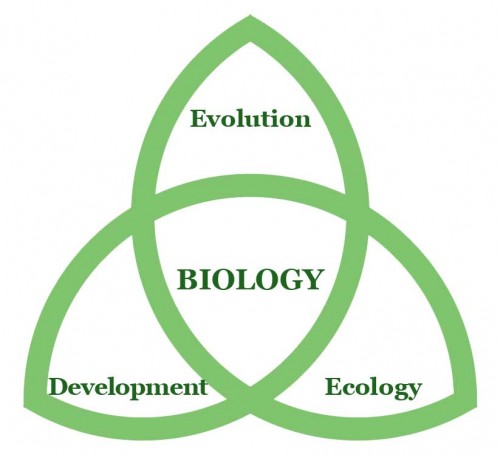Both Phil Plait and Sean Carroll and Mano Singham are tentatively reporting that they may have an explanation for the recent anomalous report of neutrinos traveling faster than light: it may have been a case of a faulty connection in a timing circuit. If that bears out, it may be a bit embarrassing.
But it does suggest an important possibility. When we get around to building the first starship, don’t have those fussy, punctilious physicists wire it up. Gather a gang of sloppy slapdash biologists to stick it together with spit and chewing gum. We’ll have it going a heck of a lot faster than light than those experts can even imagine.
(Also on Sb)







